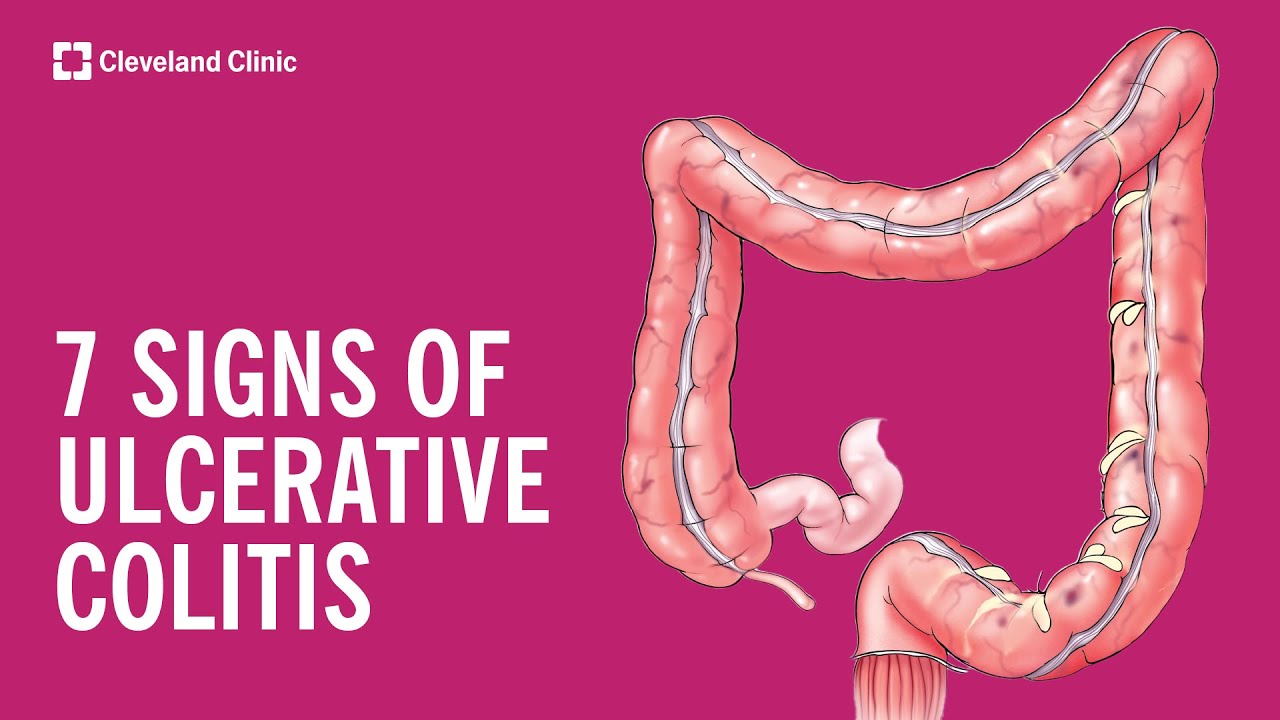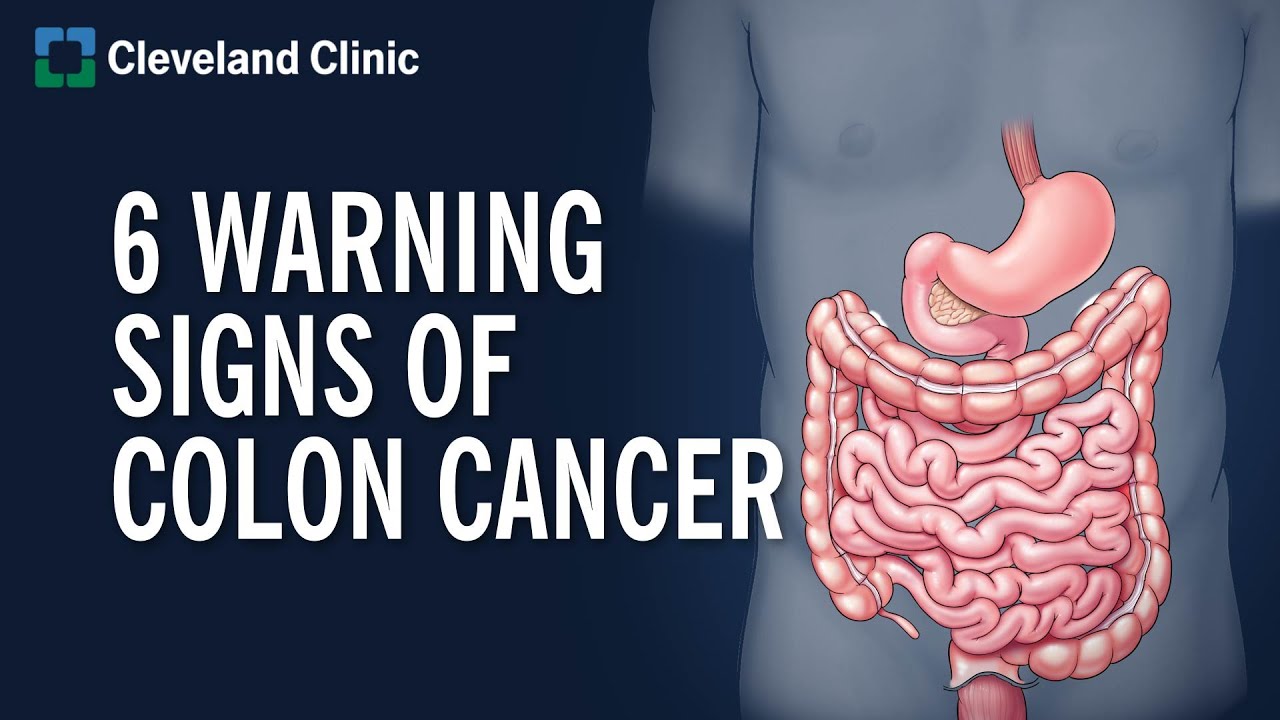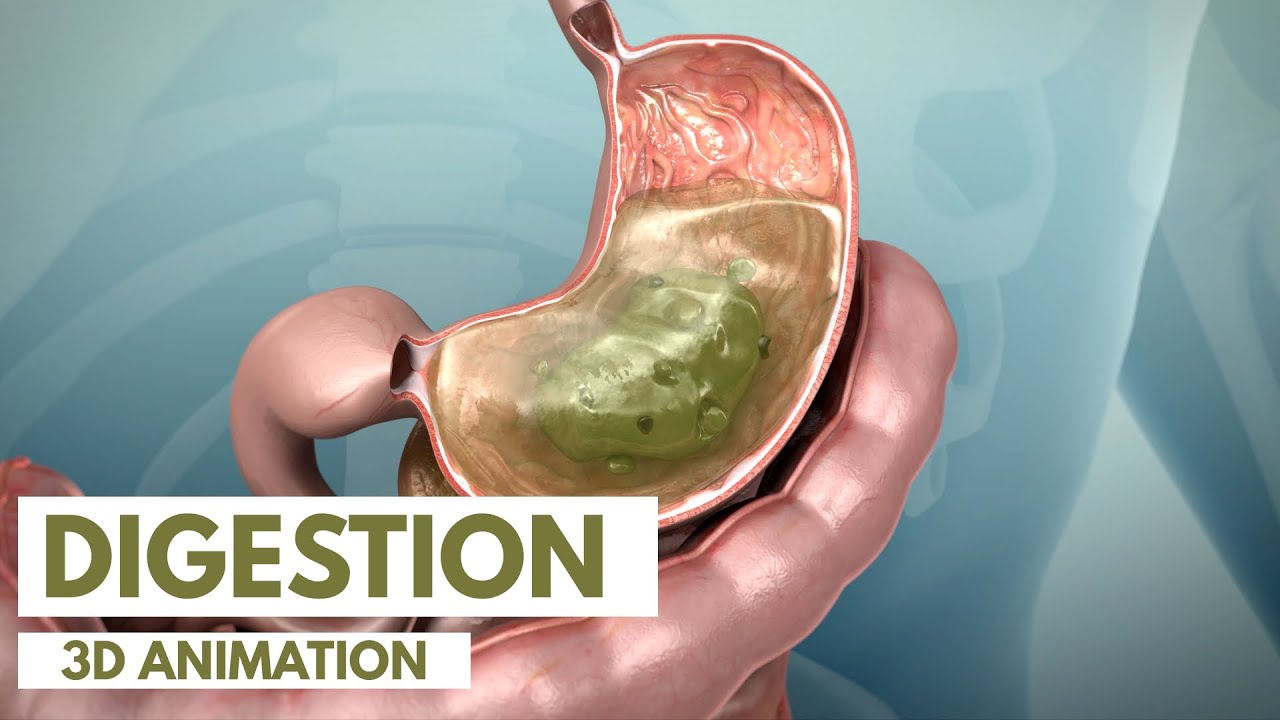NEW YORK (Reuters Health) – The morbidity of extensive axillary lymph node dissection can be avoided without jeopardizing survival for some breast cancer patients with positive sentinel lymph nodes, a multicenter team reports in the Journal of American Medical Association for February 9.
Dr. Armando E. Giuliano of the John Wayne Cancer Institute at Saint John’s Health Center, Santa Monica, California, and colleagues note that evolving concepts have led to questions about the need for axillary lymph node dissection (ALND) when sentinel lymph nodes contain metastases.
Consequently, a randomized trial was started in 1999 involving 891 women with T1-T2 breast cancer and 1 or 2 positive sentinel lymph nodes who underwent lumpectomy and whole-breast irradiation. After SLN dissection they were randomly assigned to undergo ALND or no further axillary treatment.
The median number of lymph nodes removed was 17 in the ALND group compared with 2 in the other, according to the report. The rate of wound infections, axillary seromas, and paresthesias was 70% among the women undergoing ALND compared with 25% in the group who only had SLN dissection.
After a median follow-up of 6.3 years, 5-year overall survival was 91.8% in the ALND group compared with 92.5% in the other group, the investigators found. Corresponding 5-year disease-free survival rates were 82.2% versus 83.9%.
Dr. Giuliano and colleagues emphasize that the trial did not include women who underwent mastectomy, lumpectomy without radiation or who had partial-breast irradiation or whole-breast irradiation in the prone position in which the low axilla is not treated, or women who had neoadjuvant therapy. For such patients with positive SLNs, ALND remains standard practice.
For the population included in the study, however, ALND may no longer be justified, the researchers conclude. “Implementation of this practice change would improve clinical outcomes in thousands of women each year by reducing the complications associated with ALND and improving quality of life with no diminution in survival.”
In an accompanying editorial, Dr. Grant Walter Carlson and Dr. William C. Wood of Emory University, Atlanta, note that the current results taken together with other findings









